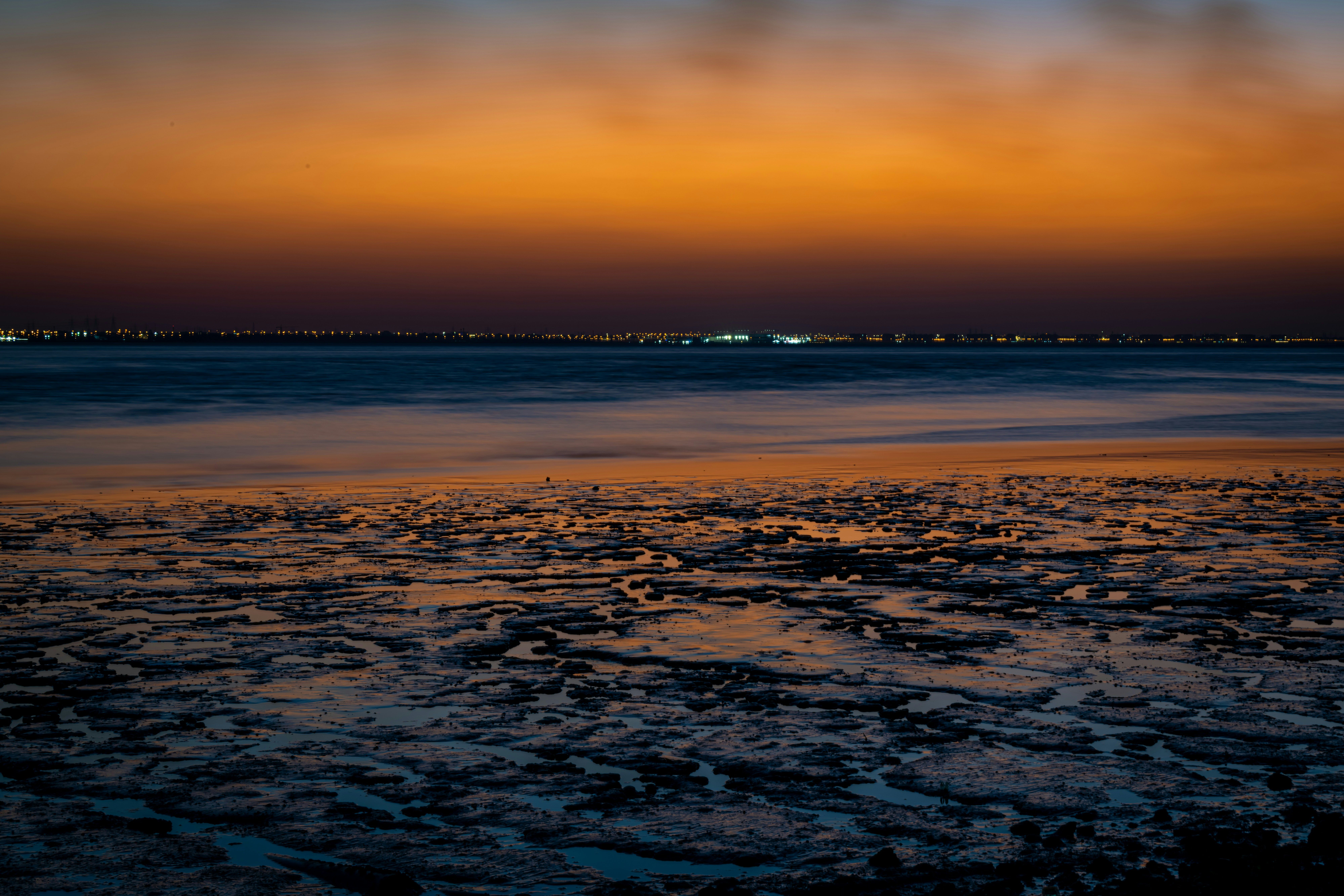Firing Back: Pakistan Retaliates After Deadly Indian Attacks on Kashmir
Pakistan's Prime Minister Declares Counter-Action After Indian Assaults - Retaliatory Actions by Pakistan: Prime Minister Announces Countermeasures Against India
In response to a series of deadly Indian attacks on Pakistani targets, the government of Pakistan has vowed retaliation. Following a meeting of the country's security cabinet, Prime Minister Shehbaz Sharif announced that the Pakistani armed forces have been authorized to take appropriate action in a statement.
The recent violence began two weeks ago, triggered by a devastating terrorist attack in the Pahalgam region of Jammu and Kashmir, claiming the lives of 27 individuals, mostly Indian tourists. India has accused Pakistan of involvement, an allegation that Islamabad categorically denies.
In the early hours of Wednesday, India launched a series of attacks against various targets in Pakistan and Kashmir. These strikes are believed to have aimed at militant infrastructure linked to the aforementioned terrorist attack. As a consequence, Pakistan reported 26 deaths and 46 injuries, with women and children among the victims.
Indian aircraft were reportedly targeted in these retaliatory strikes. Pakistani officials claim to have shot down at least five Indian jets, including three French Rafale fighter jets, one MiG 29, and one SU aircraft. India has not yet confirmed these claims. Moreover, Pakistani forces asserted to have destroyed an Indian combat drone during these aerial engagements.
Similarly, India reported casualties: At least eight individuals were killed in the Indian-controlled region of Kashmir, with 29 additional injuries reported in Poonch due to Pakistan's fire. The Pakistani military fired indiscriminately across the Line of Control, which demarcates the disputed Kashmir region between the two nations.
Following the attacks, Pakistan temporarily closed its airspace for 48 hours, suspending operations in its major airports, such as Islamabad and Lahore.
UN Secretary-General António Guterres expressed his concern over the conflict, urging both nations to exercise military restraint. Similarly, US President Donald Trump expressed his hope that the situation would de-escalate promptly.
Since the initial terrorist attack, both countries have imposed sanctions on each other, expelled their citizens, and scaled back diplomatic relations, further straining their already tense relations. The suspension of the Indus Water Treaty, which governs the water use between the contending nations, by India was considered significant, and Pakistan threatened reciprocal action.
The tensions between India and Pakistan, deeply rooted in the partition of the Indian subcontinent in 1947, have escalated significantly, raising concerns about the potential for a devastating armed conflict between these nuclear-armed nations. If the military exchanges continue, the risk of a miscalculation or unintended escalation, possibly involving nuclear weapons, becomes increasingly pronounced.
Hint: This article is subject to ongoing updates. Figures and details may have been updated and corrected.
- India
- Pakistan
- Kashmir
The Commission has also been consulted on the draft budget concerning the recent escalation of war-and-conflicts in Kashmir between India and Pakistan.Pertinent to the current political climate, Pakistan's general news outlets have been highlighting the suspension of its airspace following the retaliatory attacks on Indian targets.In political discussions, the partition of the Indian subcontinent in 1947 serves as a backdrop to the ongoing India-Pakistan tensions, especially targeting Kashmir's contested region.Regardless of the temporary suspension, the long-term targets for both nations' foreign policies remain under scrutiny, as the potential for war-and-conflicts continues to be a significant concern in the region.









